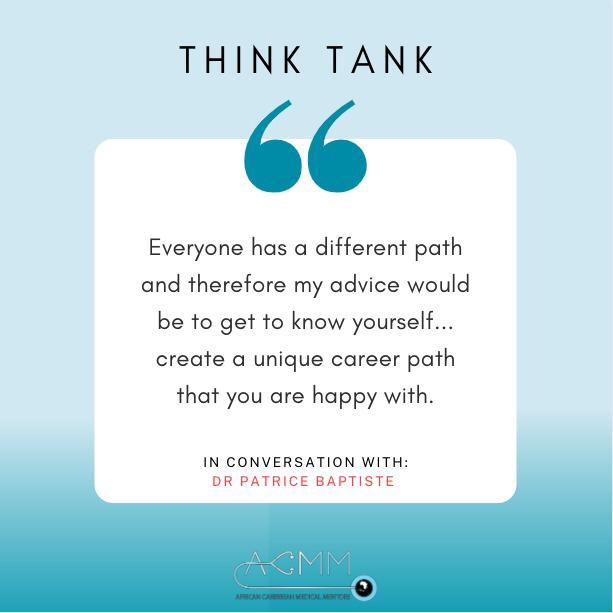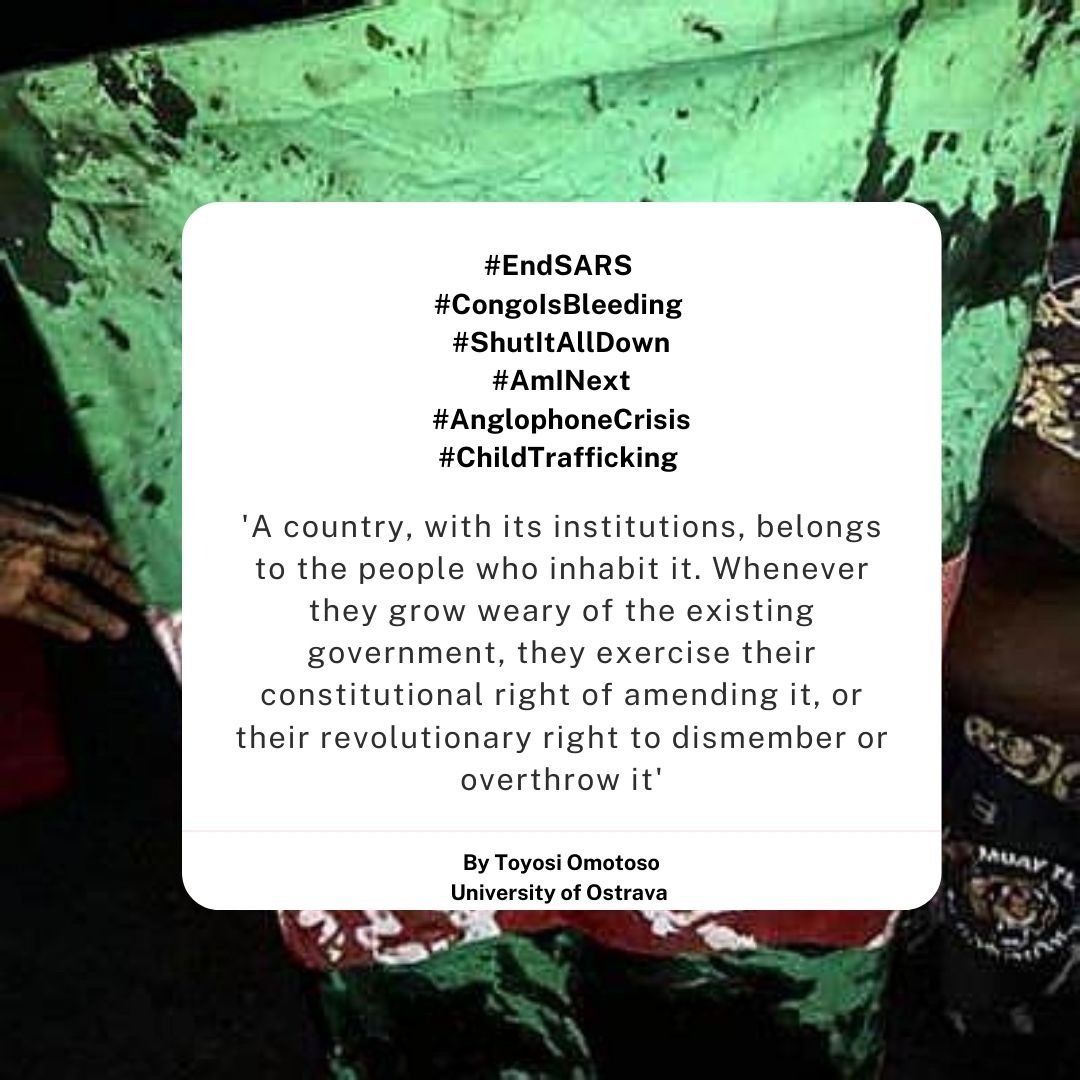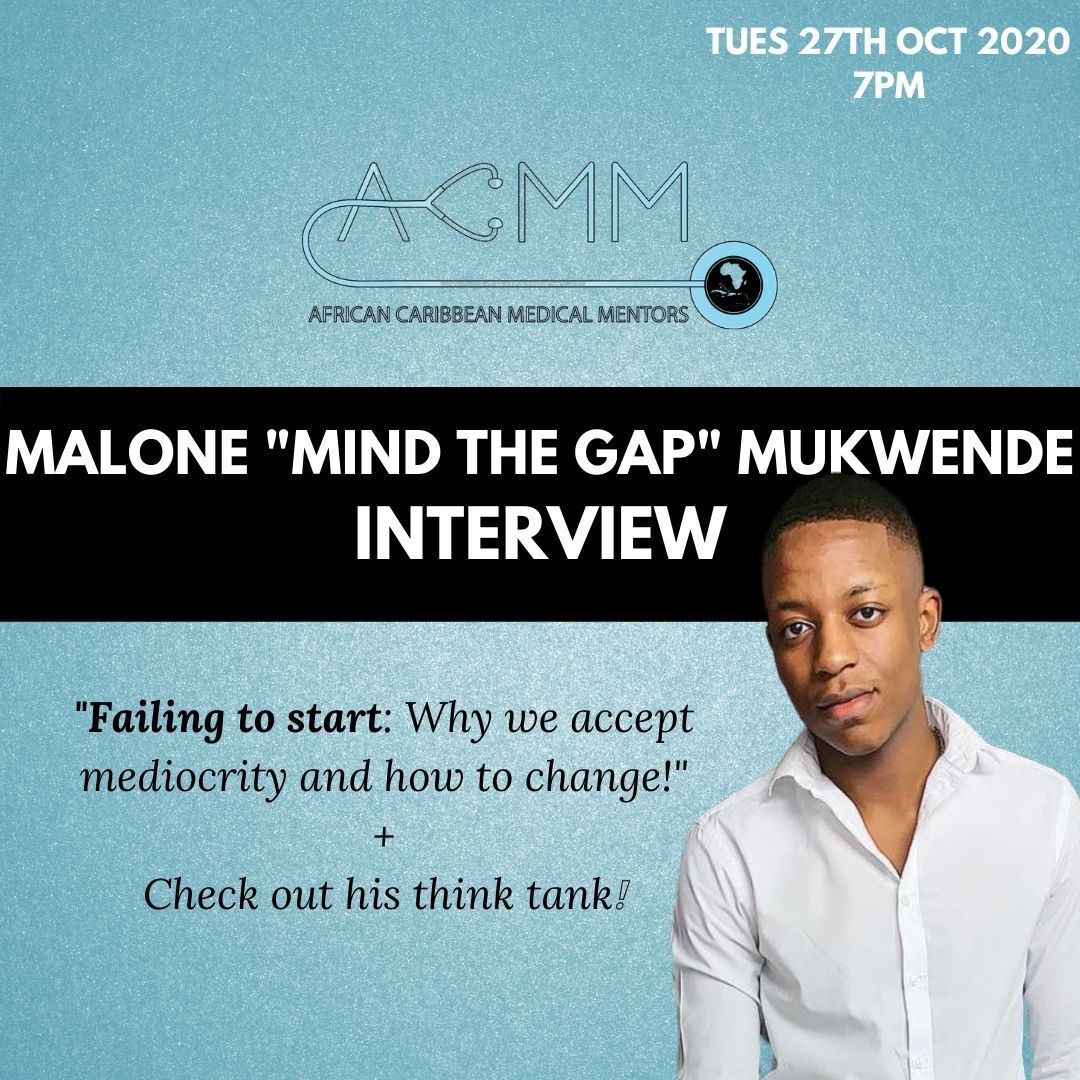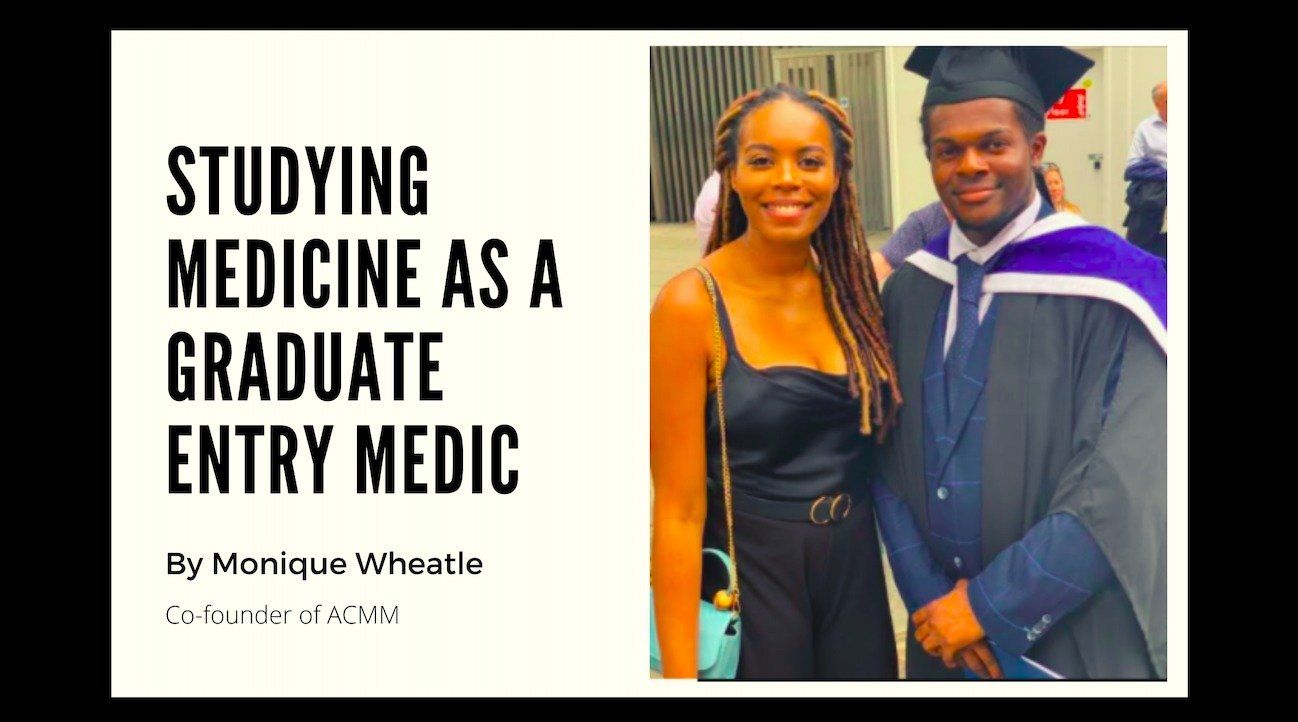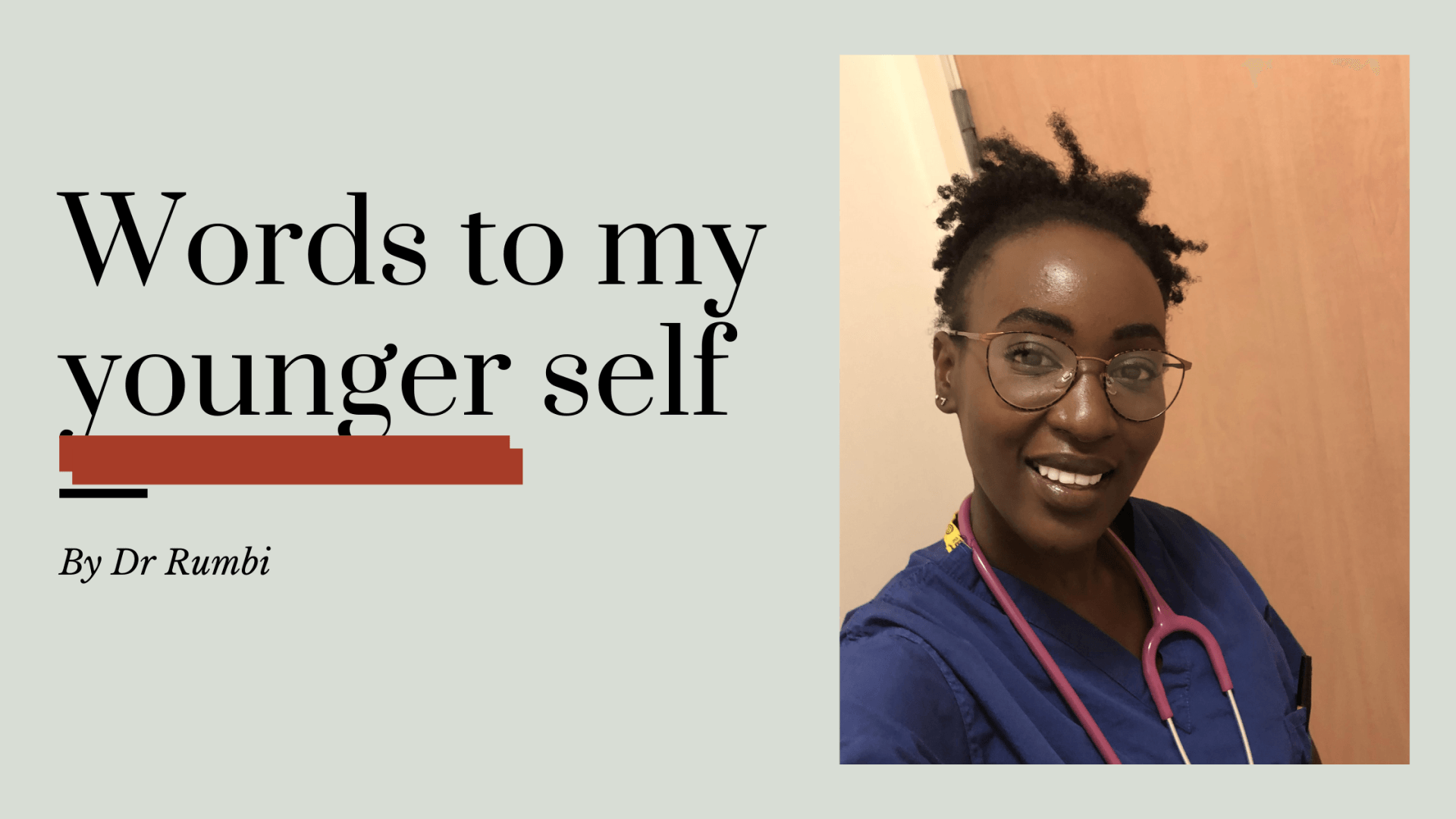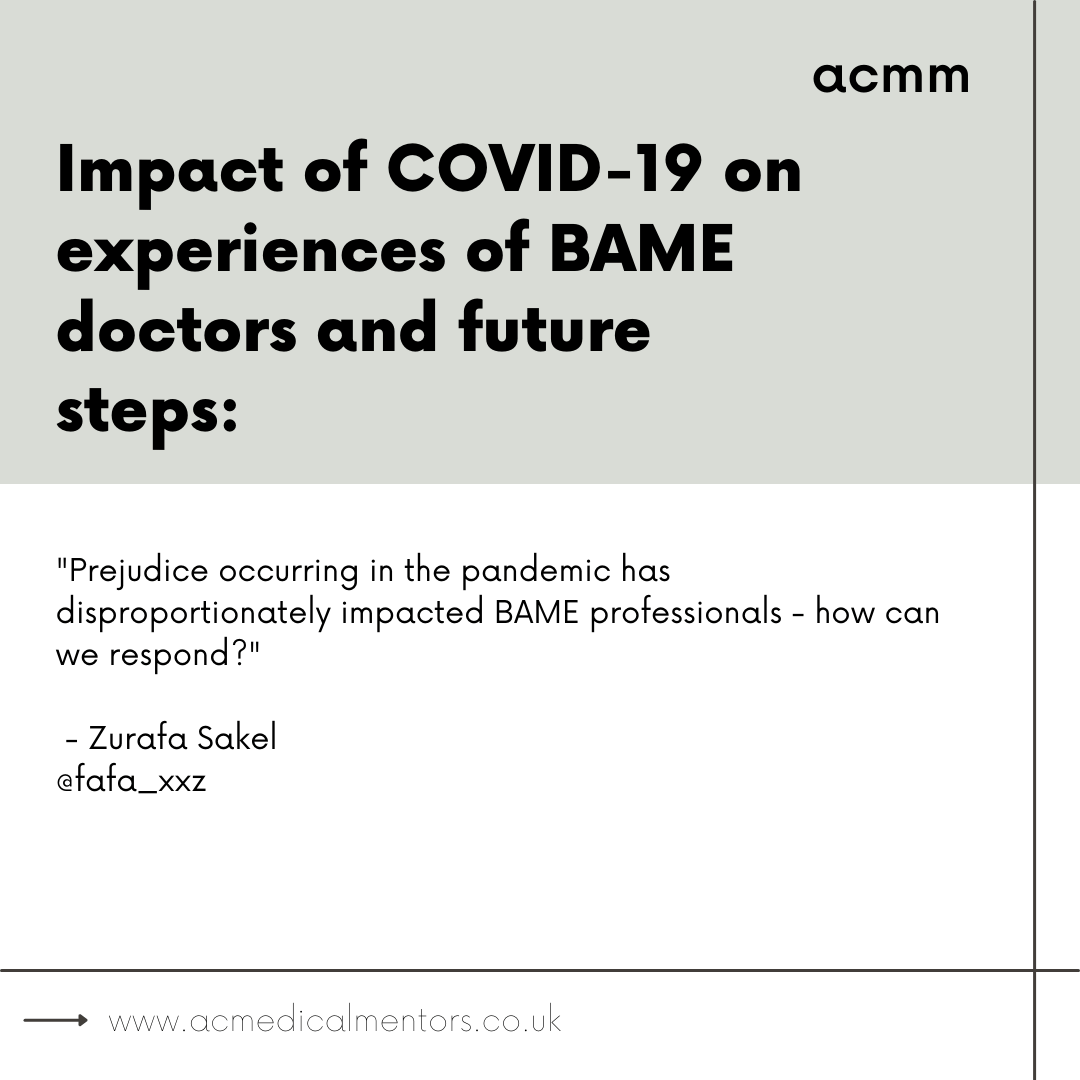Know your limits
For the longest time I failed to acknowledge that stress was a real thing…
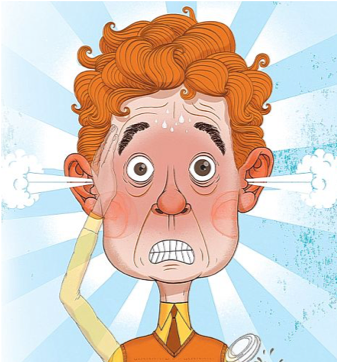
As comical as it may be, I always attributed stress to those cartoon characters who would show their anger or frustration with steam coming out of their ears or visual signs of their temperature rising. I now know differently.
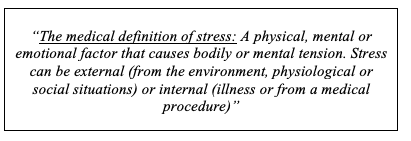
My experience with stress and anxiety was linked to my time in dental school, where academically I found it tough and it affected my confidence in more ways than you can imagine. With that came anxiety and it is only now looking back over my time spent in dental school that I can actually acknowledge and understand that my body was under immense stress. This continued into my first year of work, where I started feeling like a fraud in my own job, mentally convincing myself that I had no right to be there.
My inability to focus on tasks, generalized anxiety, lethargy and even episodes of hair loss were key indicators that my body was struggling to keep up with the crazy demands I was putting on myself as a student... I was burning out, big time, and I was failing to recognize the signs.
Studies have shown that dentists have some of the highest suicide rates of any profession in the world. The constant patient demands, the challenges of being self-employed and maintaining a stable income as well as fears of litigation are just some of the few contributors to stress for dentists.

If we are honest with ourselves, as medical
professionals, we are often not willing to accept that even the best of us go
through stressful periods of life where we’re at our wits’ end – whether that
be as a student or in our careers. Failure to acknowledge this is only a disservice
to ourselves. The first step to bring you back to normality is acknowledging that
you are struggling, and then from there,
making the necessary choices to eradicate the stressful factors hindering your
optimal functioning.
For the sake of practicality here a few things that have helped me
thus far with managing stress, that possibly might help you too:
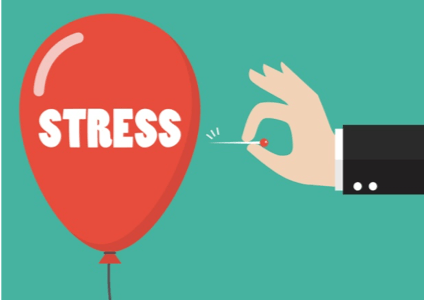
1. Listen to your body:
I now recognize and acknowledge when my body is under stress, or when I’m feeling anxiety. I learnt the hard way, but you don’t have to. Stress will affect people in different ways. Being in tune with how you’re feeling can be the key to preventing further stress and anxiety before can begin to ruin you.
2. Saying no is ok:
‘No’ is a valid answer. You don’t have to say yes to every event, conference or speaking engagement if you know you’re going to end up running on empty fuel as a result of your energy being drained.
3. Prioritise:
If you have a task to complete that you can get done now, then do it now. Don’t put off to tomorrow what you can do today. And if not, then learn to prioritize your tasks by levels of importance.
4. Talk:
We spend so much time listening to our patients but who listens to us? Don’t struggle alone. Talk to God, a friend or family member, even a therapist if you must. Express to them how you’re feeling. You’d be surprise how a problem shared is a problem halved.
5. Switch off:
Learn to put your work away when you leave at the end of the day. Don’t mull over all the things you could or should have done throughout the day. Try not to take work home with you; there should be a healthy distinction between work and relaxation.
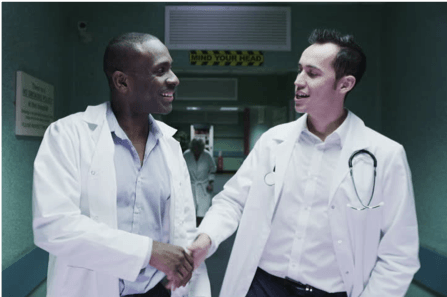
The pressures we face as millennials can be ever increasing and although this piece is targeted at medics and dentists, I’d like to think that the above are practical steps that anyone can take to combat the effects of stress.
So, if you find yourself or someone you know and love in an incredibly stressful period of their life, give them an opportunity to get things off their chest, and if you remember nothing else from this, remember this:

Article written by Dr Ruth Baidoo Bsc ( Hons), BDS, MJDF RCS ( Eng)
Edited by Elina Daitey
